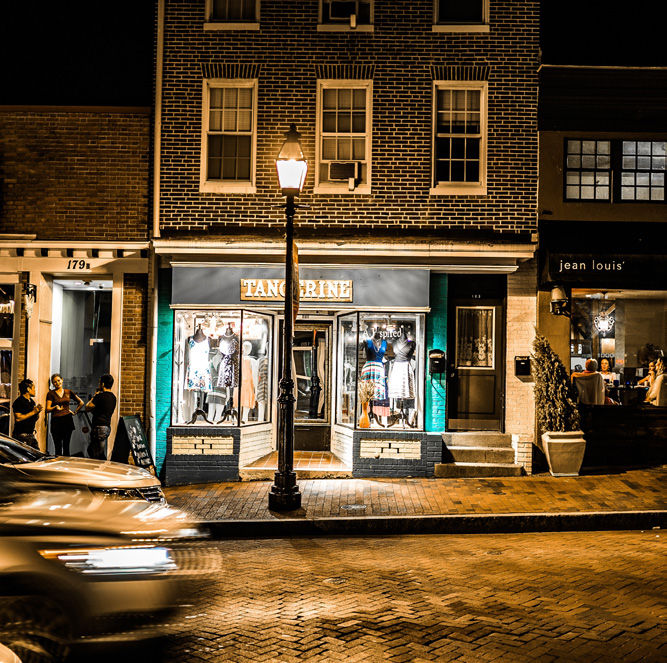Total investment volumes and investment by asset type
Total investment in Commercial Real Estate (Offices, Logistics and Retail) in Spain rose by 9% in 2021 compared to the previous year, driven mainly by the growth in the logistics sector. The retail sector accounted for 17% of total Commercial Real Estate investment, and Spain had the eighth-largest retail investment volume in Europe, with 3% of the total.
Around €1 billion was invested in retail in 2021, a 56% drop from the previous year. However, it is worth recalling that in the pre-COVID context of early 2020 two large shopping centre deals were signed (Intu Asturias and Intu Puerto Venecia) for a combined total of around €800 million, which significantly influenced the sharp decline in volumes evident in the year-on-year comparison. If we exclude these two large deals, the volume transacted in retail in 2021 was 34% lower than 2020.
In 2020 a record number of deals took place in the supermarket sector, a sign of its resilience in the face of the pandemic. Investor appetite for the sector remained strong in 2021, and it led investment with a cumulative volume close to €480 million. This represented 50% of total retail investment, far outstripping the proportions between 2017 and 2019, when it contributed around 5-10%, and even the 2020 figure of 30%. It is a sign of the food industry’s robustness amid the health crisis, with supermarkets positioning themselves as safe investments with low real estate management complexity.
As an asset class, supermarkets appeal to investors seeking longer and more secure income streams. They tend to offer long-term contracts—usually over 10 years, and potentially up to 20—the prospect of stable to moderate growth in rent levels compared to other retail asset types, a daily flow of footfall that buttresses sales, an irreplaceable role as highly accessible stores in the food distribution process, including at times of greatest uncertainty, and opportunities for diversification.
And when older assets or those with shorter leases come onto the market, they attract investors seeking higher added-value product.
Buyers range from private investors acquiring a single asset to global investment funds specialised in large operations. Sale & leaseback was the predominant type of investment in 2020, but it was less common in 2021.
Notable operations in 2021 included the purchase by the Israeli investment fund MDSR of a portfolio of 27 Mercadona supermarkets for close to €100 million. Then, there was the acquisition by Realty Income Corporation of a portfolio of 30 Caprabo supermarkets in Catalonia for over €100 million, of seven Carrefour hypermarkets for €93 million and a portfolio of three Carrefour hypermarkets for around €64 million. Also worth noting are the purchase by the British fund Blackbrook of a portfolio of 22 Eroski supermarkets from Lar Espa.a for €59 million, and Square Asset Management’s acquisition of ten supermarkets (eight Carrefour-branded and two Cash Lepe), a deal in which JLL participated as the buyer's agent.
Supermarkets broke investment records in 2021, reaching €480 million, 50% of total retail investment
Investor interest in supermarkets continued to compress prime yields, which were at 4.25% in 2021, down from 4.5% in 2020 and 5% in 2019. The outlook for 2022 suggests that the high demand for portfolios of large volume supermarkets will continue. That, and the scarcity of product in the investment market, will continue to compress yields.
An opportunity presents itself for the investment market. With the grocery industry emerging as one of the most attractive investment sectors over recent years and regional and international groups committing to major expansion plans, investors can focus on both regional portfolios and individual markets.
Following behind supermarkets in investment volume was the high street sector, which attracted around €270 million in 2021. Investor interest has focused mainly on core product, with significant deals signed like the purchase by Bankinter Investment of the building at 11, Puerta del Sol (Madrid) for around €80 million, the purchase of 9-11, Portal del Angel (Barcelona) by the Best Value Europe II fund and the purchase by Tander Inversiones of the premises at 15, Calle Goya (Madrid) for around €38.5 million. The most prime assets have thus continued to show more resilience than secondary locations, where there is greater availability of premises.
Significant investor interest in core high street product is generating major transactions


Comments